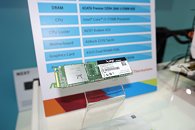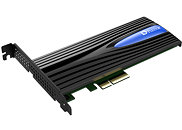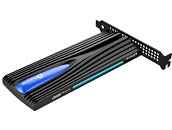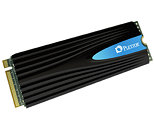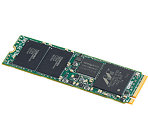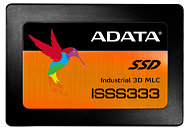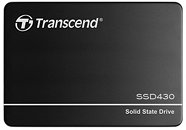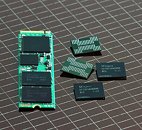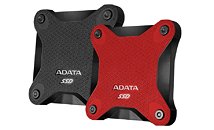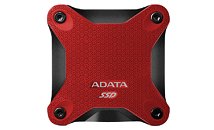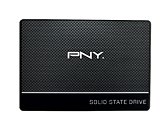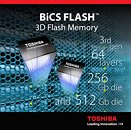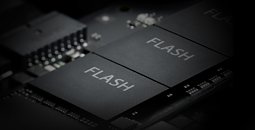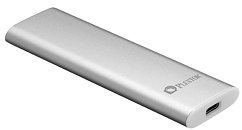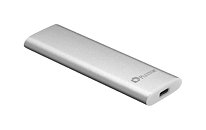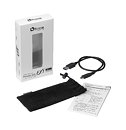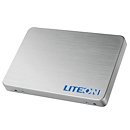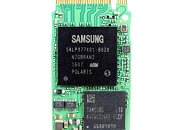
ADATA Unveils a Pair of Mainstream M.2 NVMe SSDs
ADATA showed off a pair of mainstream M.2 PCI-Express SSDs, which could form the gateway to M.2 drives for those wanting a little more than SATA drives, and a price slightly above the fastest SATA solutions. The lineup consists of the XPG SX6000 and the XPG SX7000. The XPG SX6000 is based on a Realtek RTS5760 DRAM-less controller, mated to 3D TLC NAND flash. Available in capacities of 128 GB, 256 GB, 512 GB, and 1 TB, the drive serves up sequential speeds of up to 850 MB/s reads, with up to 850 MB/s writes, which is still higher than the fastest SATA drives, and its 570-ish MB/s rated speed. Add to this, the drive supports the NVMe protocol, and takes advantage of its huge command-queue depth.
The XPG SX7000 is positioned above the SX6000, and features Silicon Motion SMI2262G controller with a DRAM cache, mated with 3D TLC NAND flash. Available in the same capacities as the SX6000, the drive serves up over double its read performance, with up to 1,800 MB/s reads, yet the same 850 MB/s writes. ADATA had a live CDM session in its booth, and visitors could ask them to run the benchmark live, as you could see the drives in an open-air bench.
The XPG SX7000 is positioned above the SX6000, and features Silicon Motion SMI2262G controller with a DRAM cache, mated with 3D TLC NAND flash. Available in the same capacities as the SX6000, the drive serves up over double its read performance, with up to 1,800 MB/s reads, yet the same 850 MB/s writes. ADATA had a live CDM session in its booth, and visitors could ask them to run the benchmark live, as you could see the drives in an open-air bench.
